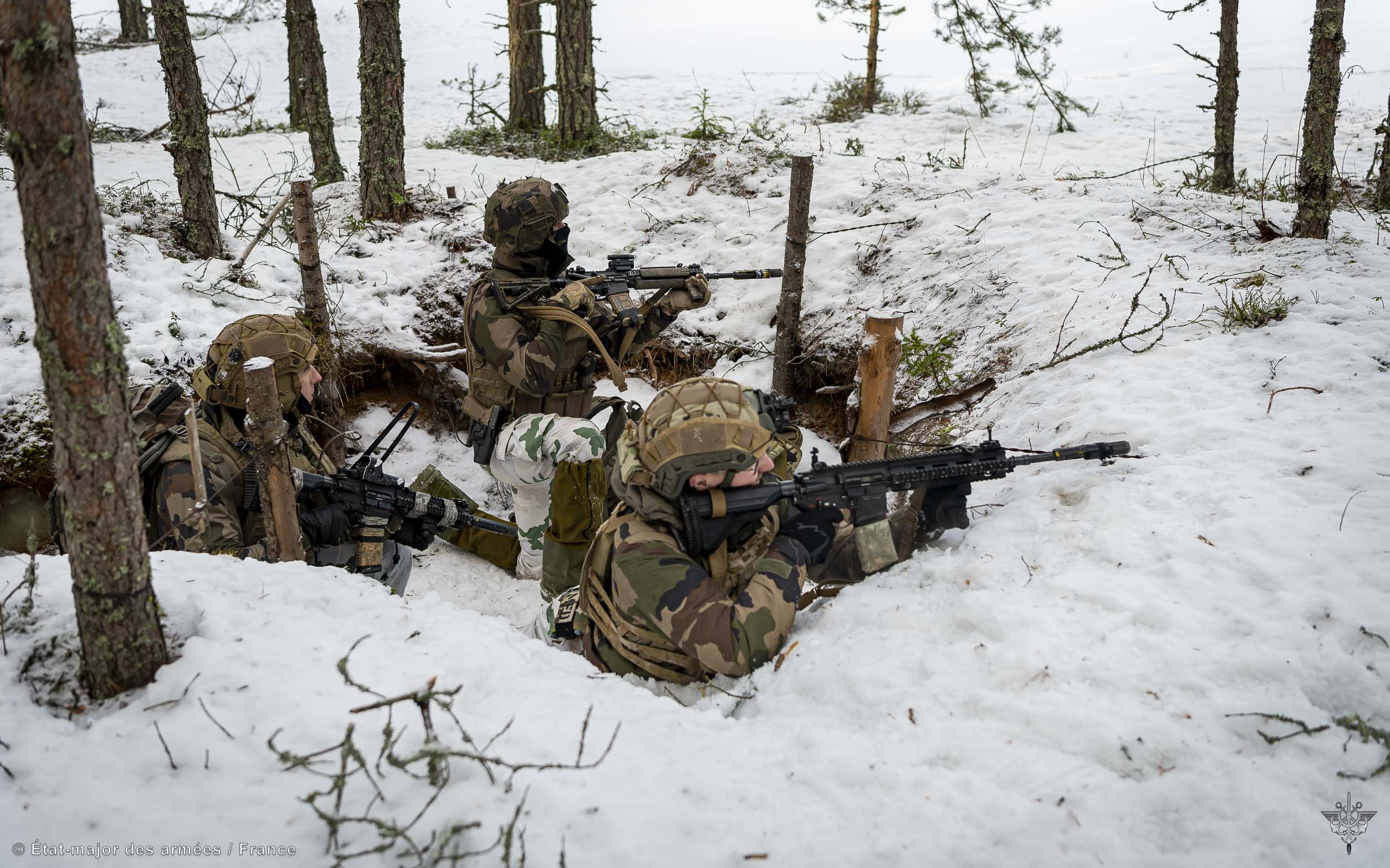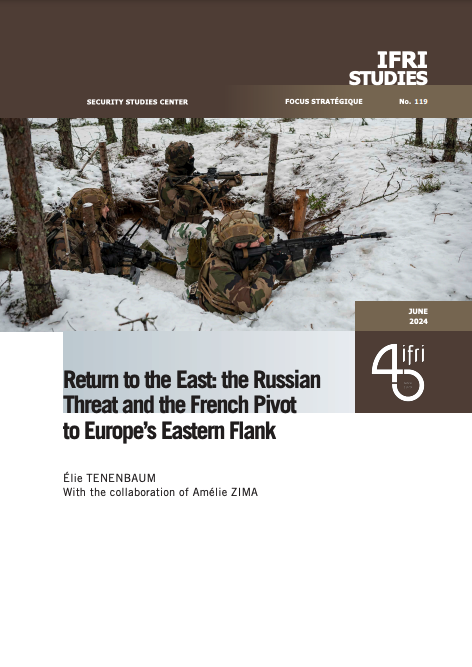Security Studies Center
Heir to a tradition dating back to the founding of Ifri, the Security Studies Center provides public and private decision-makers as well as the general public with the keys to understanding power relations and contemporary modes of conflict as well as those to come. Through its positioning at the juncture of politics and operations, the credibility of its civil-military team and the wide distribution of its publications in French and English, the Center for Security Studies constitutes in the French landscape of think tanks a unique center of research and influence on the national and international defense debate.
Read more


Director of Ifri’s Security Studies Center
Related research programs
Publications
See all our interventions
Flagship Publications
Titre Bloc Axe
Research areas
See all our interventions
Titre Axe de recherche
Wars and Conflicts
The geography and modalities of wars and armed conflicts evolve according to the international system. If irregular wars and asymmetric conflicts persist, high-intensity wars are increasing while crises take new forms under the effect of hybrid threats.
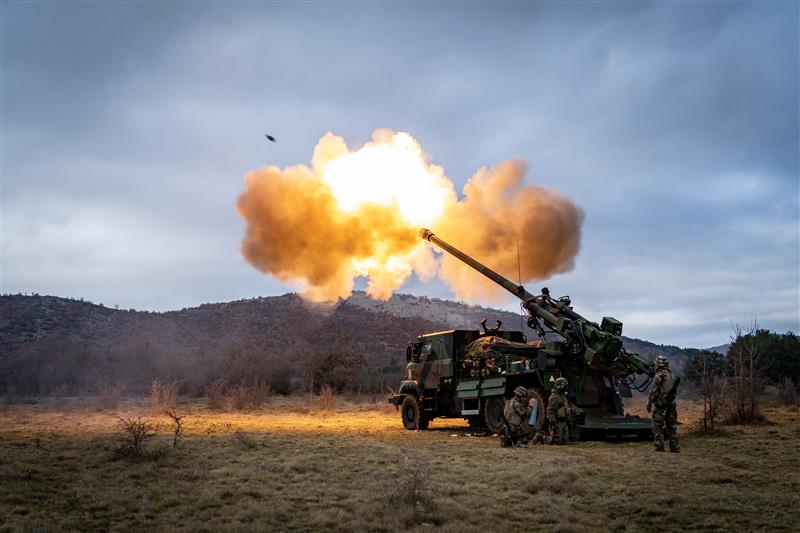
Titre Axe de recherche
International Security and Defense Policy
The analysis of international security issues involves studying the security and defense policies implemented by States in light of the dynamics of cooperation or competition. It must also integrate the role of international organizations and non-state actors.
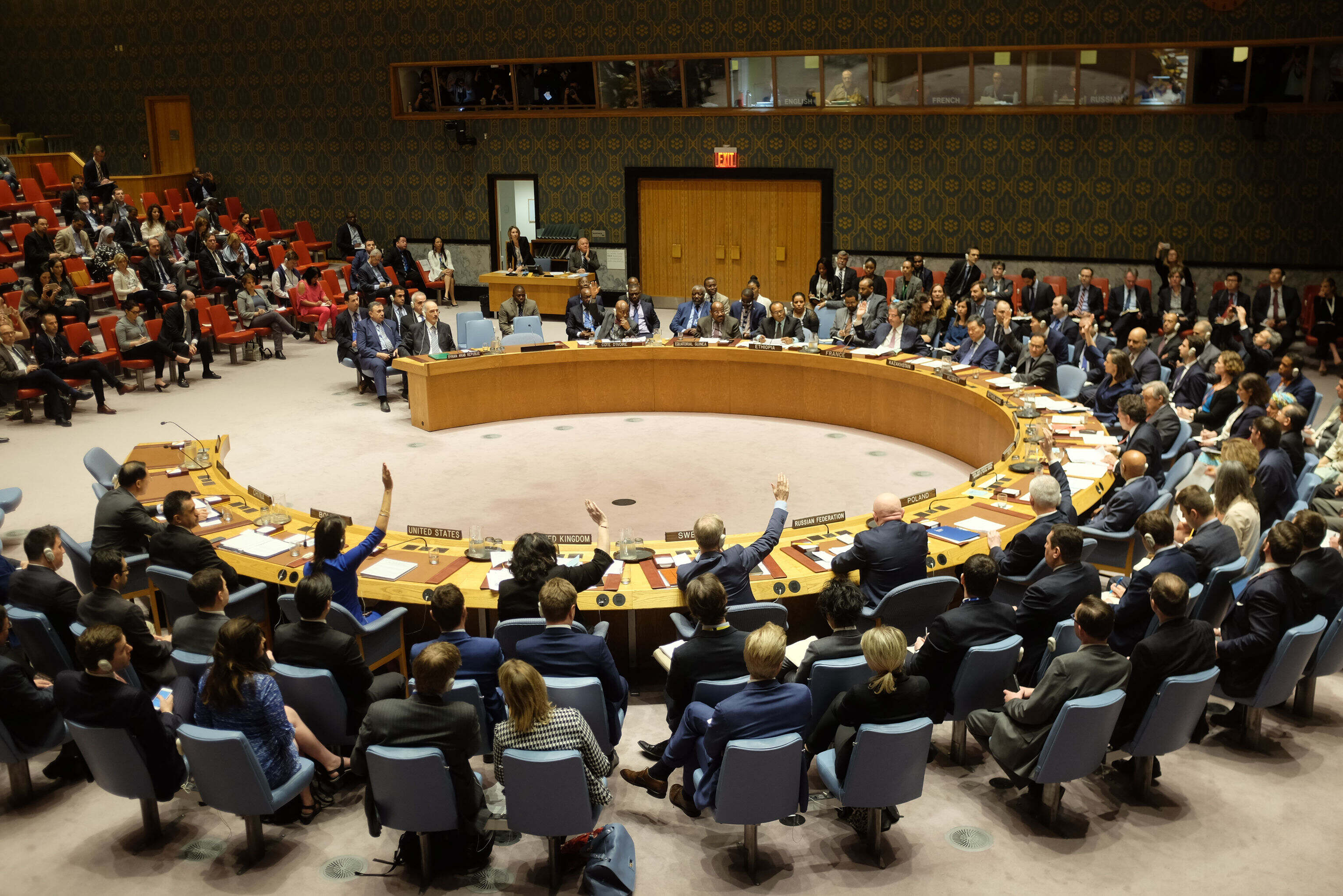
Titre Axe de recherche
Armament and Defense Technology
Contemporary armies are increasingly defined by their ability to innovate and integrate cutting-edge technologies such as cyberweapons, space systems, or even drones and artificial intelligence, which pose new operational and ethical challenges for combatants.
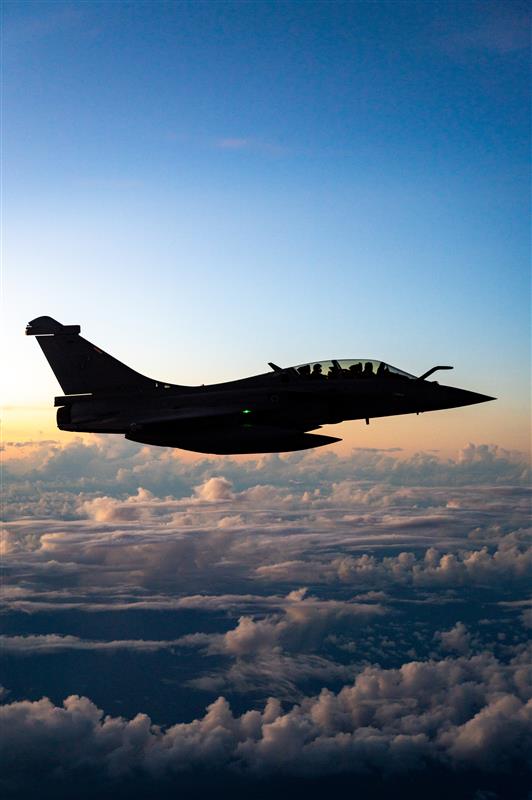
Titre Axe de recherche
Military Strategies and Armed Forces
As military competition increases, armies transform and adapt their strategies. Doctrine, organization, equipment and training are key axes for understanding the evolution of land, air and naval forces.
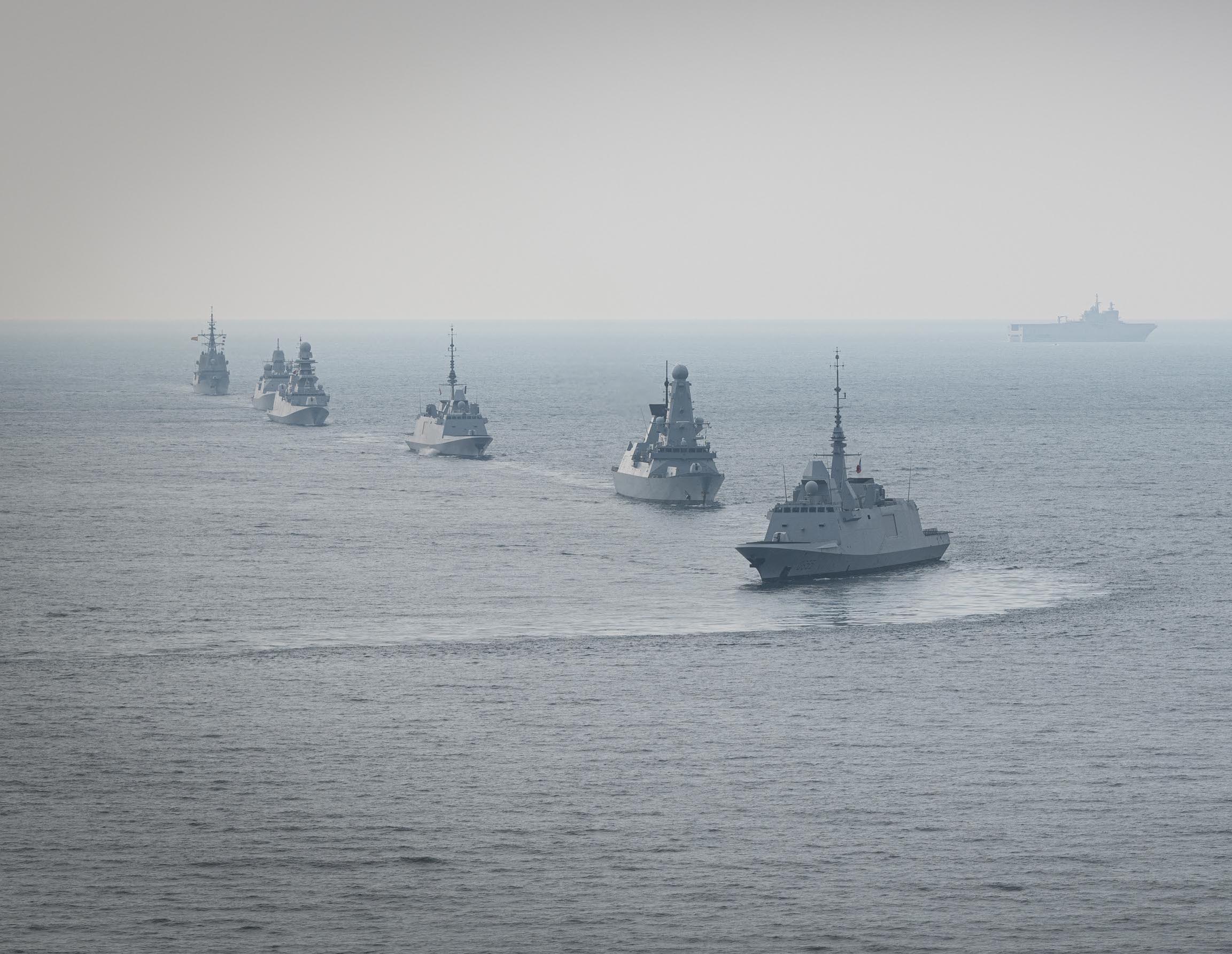
Publications
137 Shades of Terrorism. French Jihadists Before the Courts
This study, based on original judicial sources, assesses the profiles of 137 individuals sentenced in France for cases related to jihadism.
Entry Operations and the Future of Strategic Autonomy
The ability to penetrate remote and contested theaters of operation is a crucial asset for any expeditionary military power.
La guerre nucléaire limitée : un renouveau stratégique américain
Over the past few years, a debate on possible scenarios of limited nuclear weapons use has surfaced again in the United States. Russian nuclear saber-rattling since 2014 and the growing tensions in the Korean peninsula have led Washington to reassess its own ability to deter, or respond to, such a limited use of nuclear weapons.
Corée du Sud, la septième armée du monde ?
As Democratic Republic of Korea’s (DPRK) continuous development of non-conventional weapons and challenges of the international community reaches a new level, Republic of Korea (ROK) appears more than ever as the frontline state on which most of North-East Asia security depends.
The Future of British Defense Policy
As the prospect of the United Kingdom leaving the European Union raises increasing challenges to its international position, as well as major divisions at home, the future of British defense policy seems more uncertain than ever.
La politique française de soutien aux exportations d'armement : raisons et limites d'un succès
During François Hollande’s five-year term French defense exports have reached quite spectacular results. Arms sales abroad have increased at least fourfold since 2012, when the former presidential team came to power.
La survivabilité sur le champ de bataille : entre technologie et manœuvre
The concept of survivability is central to the design of combat vehicles and to the elaboration of doctrines for the employment of military forces.
North Korea's Nuclear Posture: an Evolving Challenge for U.S. Deterrence
A more capable, nuclear-armed, North Korea will pose very substantial challenges to the U.S. deterrence posture.
The NPT and the Origins of NATO’s Nuclear Sharing Arrangements
Russia has recently accused the United States and NATO Allies of violating the Treaty on the Non-Proliferation of Nuclear Weapons (NPT) by arguing that NATO's nuclear sharing arrangements are not permitted under the Treaty.

Making Sense of Europe’s Southern Neighbourhood: Main Geopolitical and Security Parameters
Europe’s southern neighbourhood is a diverse but interlinked geopolitical ensemble, whose specificities need to be carefully assessed before Europeans devise dedicated security strategies, divide responsibilities and make policy decisions.
The Team

Our research fellows: Security Studies Center
Support independent French research
Ifri, a foundation recognized as being of public utility, relies largely on private donors – companies and individuals – to guarantee its sustainability and intellectual independence. Through their funding, donors help maintain the Institute's position among the world's leading think tanks. By benefiting from an internationally recognized network and expertise, donors refine their understanding of geopolitical risk and its consequences on global politics and the economy. In 2024, Ifri will support more than 70 French and foreign companies and organizations.











